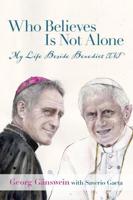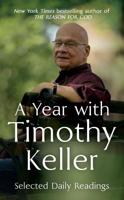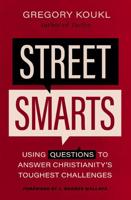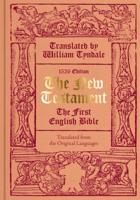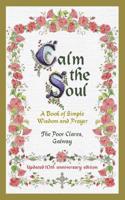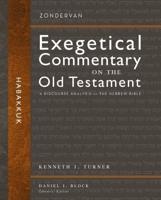Publisher's Synopsis
The reforming movements of the 16th century were constantly being attacked by Rome for breaking the unity of the Apostolic Church. To counter these accusations the reformers turned to questions of 'tradition', 'history' and 'identity' in order to define and express the religious, political and social ideals of their movement. Though this debate was carried on with great vigour and spawned an enormous corpus of literature, a unifying concept of Protestant identity proved elusive; the process produced only divergent theological conclusions and conflicting social and political goals.





